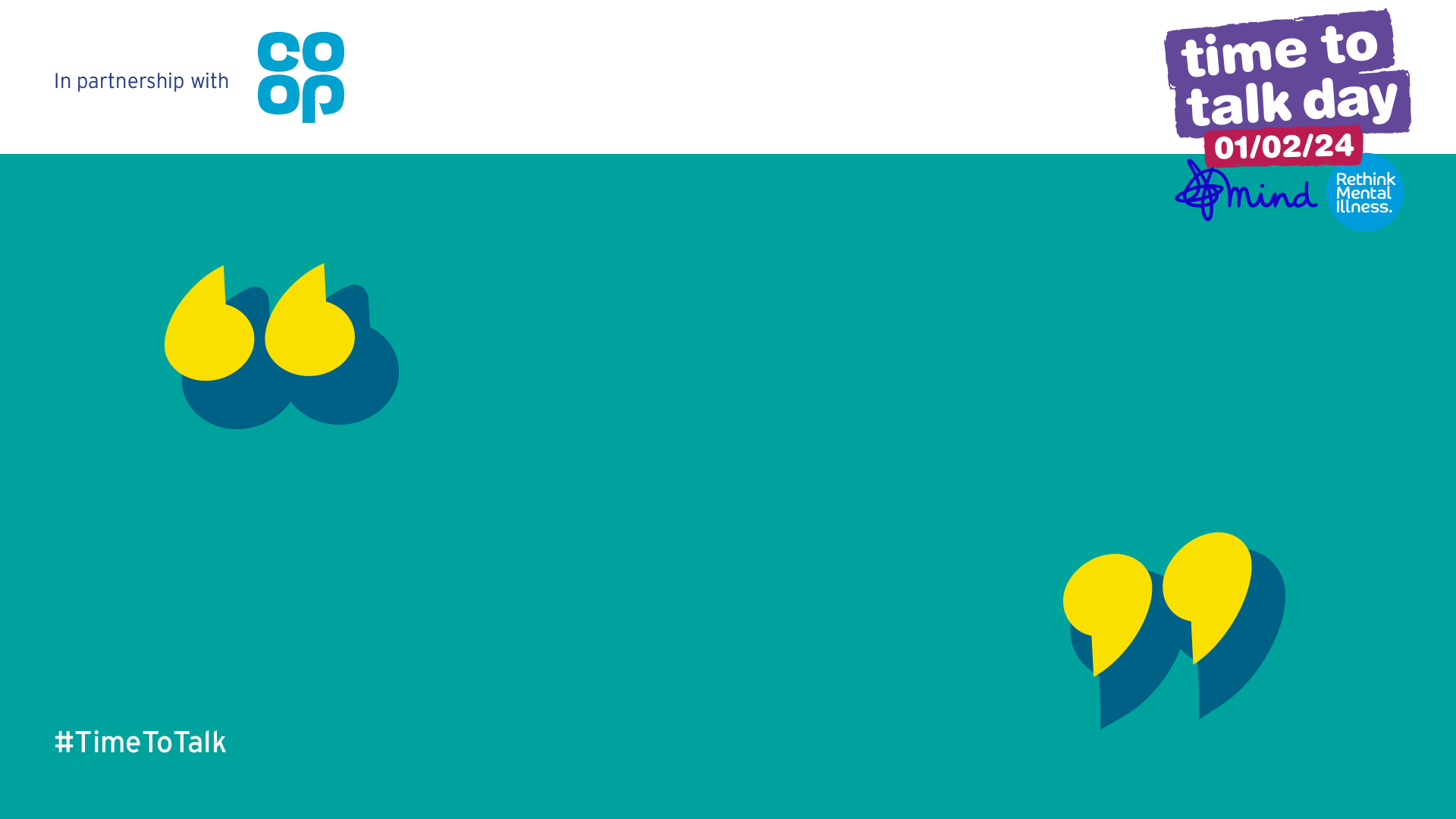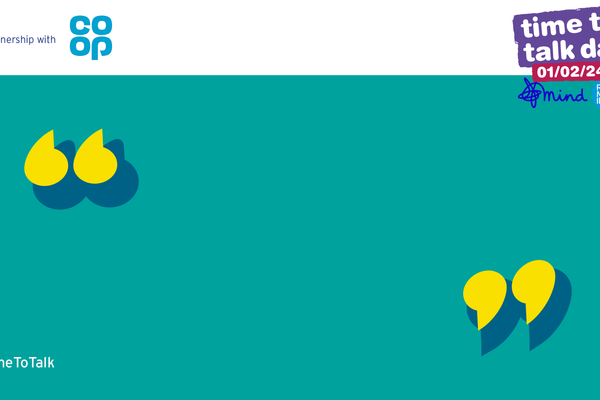Over the last few years, business leaders have become more aware of their responsibility to ensure that their workforce feel supported and have appropriate measures when it comes to mental health provisions. The ongoing economic uncertainty has put budgets under greater scrutiny, with many making cuts across all areas of the business to alleviate financial pressures.
Operations and internal people budgets are likely to be at the front of the queue – with some activations seen as more of a ‘nice to have’ than a ‘must have’. As a result, businesses risk de-prioritising things like mental health at a time when it is arguably needed the most.
Early data from our 2024 Creative Industries Salary Census indicates that:
o Only 12% of permanent workers feel like they get lots of support with regular wellness programmes and check-ins, while 27% get no or very minimal support
o While over half of freelancers (56%) receive no or very little support
o Additionally, a quarter of workers, both permanent and freelance, feel that changing roles will positively improve their mental health
Our charity partner, MIND, also highlight that 1 in 4 of us will experience a mental health problem in any given year; and the cost-of-living crisis only making it harder to look after our mental health. It’s important that workplaces continue to provide support and guidance to those who need it.
On Thursday 1st February 2024, it’s Time to Talk Day – an annual date in the diary aimed at getting the nation talking about mental health. It is a day where friends, families, communities, and workplaces can come together to talk, listen, and support one another – and the more conversations we have, the easier things can feel.
What’s more, is that it doesn’t cost a thing to get involved in and can make a real difference to somebody. We encourage all businesses this Time to Talk Day to carve out a safe space for their employees to converse with one another – as simple as providing a space to have lunch together.
There are wide range of resources on the Time to Talk website – along with further guidance for supporting those in the workplace from MIND.
Top Tips for Getting Started:
Ask questions and listen
Asking questions can give the person space to express how they’re feeling and what they’re going through, and it will help you to understand their experience better. Try to ask questions that are open and not leading or judgmental, like “how does that affect you?” or “what does it feel like?”
Think about the time and place
Sometimes it’s easier to talk side by side rather than face to face. So, if you do talk in person, you might want to chat while you are doing something else. You could start a conversation when you’re walking, cooking or stuck in traffic. However, don’t let the search for the perfect place put you off!
Don’t try and fix it
It can be hard to see someone you care about having a difficult time but try to resist the urge to offer quick fixes to what they’re going through. Learning to manage or recover from a mental health problem can be a long journey, and they’ve likely already considered lots of different tools and strategies. Just talking can be really powerful, so unless they’ve asked for advice directly, it might be best just to listen.
Treat them the same
When someone has a mental health problem, they’re still the same person as they were before. And that means when a friend or loved one opens up about mental health, they don’t want to be treated any differently. If you want to support them, keep it simple. Do the things you’d normally do.
Be patient
No matter how hard you try, some people might not be ready to talk about what they’re going through. That’s ok – the fact that you’ve tried to talk to them about it may make it easier for them to open up another time.
Support helplines and services:
o MIND - provide a number of services including helplines, crisis resources and an A-Z for mental health. They can provide support via their info, welfare benefit or legal lines. For more info visit www.mind.org
o Shout – offers confidential 24/7 text messaging support for times when you need immediate support. Trained volunteers can help with issues such as stress, anxiety and depression and will work with you to take your next steps towards feeling better. Text the word “REACH” to 85258. Visit www.giveusashout.org
o Samaritans – a safe place to talk 24/7 about whatever is troubling you. Call 116 123. Visit www.samaritans.org/
o Talking Therapies – free NHS therapy for people with common mental health problems such as anxiety or depression, to help you change the way you feel by changing the way you think. Online therapy available 24/7, with weekly online support from your therapist. Six-week course also available to help you to develop skills to manage your mood. Visit merseycare.nhs.uk and search talking therapies.
o Listening Ear – provides counselling support for people of all ages. Call 0151 488 6648 Visit https://listening-ear.co.uk
o Silver Line – free, confidential telephone service for those aged 55 and over, provides friendship, conversation and support 24/7. Call 0800 470 8090 or visit thesilverline.org.uk/
o AMPARO – free confidential support for anyone affected by suicide. Call 0330 088 9255 or visit amparo.org.uk/
o StayAlive app – for those at risk of suicide and for people worried about someone. Suicide prevention resource which provides information and tools to help you stay safe in crisis including a safety plan and LifeBox where people can upload images or videos that remind them of their reasons to stay alive. Download free on both iOS and Android devices.
o Every Mind Matters NHS website – offers expert advice, practical tips and personalised action plans from the NHS to help you look after your mental health and wellbeing. Visit Every Mind Matters – NHS (www.nhs.uk)
Crisis mental health support:
If you or someone you know are in mental health crisis and no longer feel able to cope or be in control of your situation and need urgent help, you can call the NHS Mental Health crisis line. NHS staff will then support you to get the help you need. Available 24/7. Call freephone 0800 051 1508.












